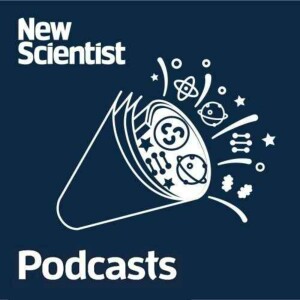
#146 Accelerated end to fossil fuel; double discovery on Mars
 2022-11-03
2022-11-03
Spurred on by the war in Ukraine, we’re seeing a worldwide shift to green energy, with the global demand of fossil fuels now expected to peak in 15 years - a dose of optimism ahead of COP27. The climate conference kicks off in Egypt on November 6, and the team brings a round-up of what we can expect. Maddie and Rowan also discuss their recent visit to the London Literature Festival, where they saw Greta Thunberg speak.
‘Marsquakes’ studied by NASA’s InSight lander suggest Mars may still be volcanically active - and it may have a subsurface water table similar to the one on Earth. The team says this is exciting news for the prospect of life existing on the Red Planet.
“A victory not only for the region, but for humanity and life itself.” Brazil’s President Jair Bolsonaro has been unseated by Luiz Inácio Lula da Silva. The team explains how Bolsonaro has presided over climate catastrophe, and why this news has sparked celebration - and relief - from environmentalists.
Genetically modified mosquitoes have been released in a city in Brazil. The team explains how UK-based biotechnology firm Oxitec have done this in an effort to find ways to eliminate mosquitoes. The insects transmit deadly diseases like malaria, which kills more than 600,000 people a year.
And we bring you a controversial ‘Lifeform of the Week’ - everyone’s most hated amphibian, the cane toad. Quite disturbingly, the team explains how new x-ray video footage shows that cane toads lick their own hearts when they swallow prey. Gross.
On the pod are Rowan Hooper, Madeleine Cuff, Sam Wong, Chris Simms and Alexandra Thompson. To read about these subjects and much more, you can subscribe to New Scientist magazine at newscientist.com.
Events and discount codes:
Early bird offer: newscientist.com/earlybird22
Hosted on Acast. See acast.com/privacy for more information.
Learn more about your ad choices. Visit megaphone.fm/adchoices
More Episodes
Create your
podcast in
minutes
- Full-featured podcast site
- Unlimited storage and bandwidth
- Comprehensive podcast stats
- Distribute to Apple Podcasts, Spotify, and more
- Make money with your podcast
It is Free
- Privacy Policy
- Cookie Policy
- Terms of Use
- Consent Preferences
- Copyright © 2015-2024 Podbean.com






